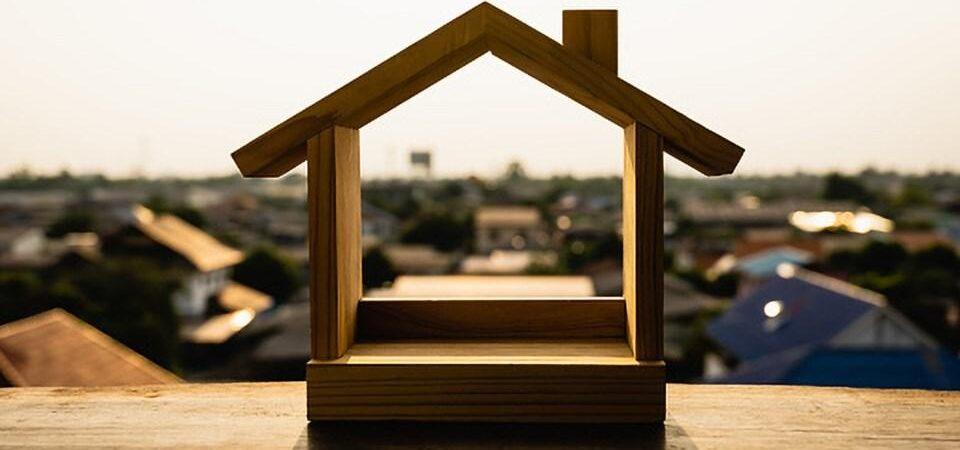A New Tax in Town: Underused Housing Tax (UHT)

Underused Housing Tax (UHT)
From January 1, 2022, Canada implemented the Underused Housing Tax (UHT), which is a levy imposed on residential properties that are either vacant or underutilized. The tax is aimed at encouraging property owners to make efficient use of their housing resources and contribute to the overall availability of housing in the country.
The annual tax on underused or vacant residential property is 1% of the property’s value, with the option to claim an exemption from the tax available to the property’s owner.
There are two requirements under the UHT rules: an annual reporting obligation and, for some filers, a tax liability. The tax amount is determined by multiplying the value of the residential property by a 1% tax rate and must be paid to the CRA by April 30 of the following year along with the annual return.
The UHT rules classify owners of residential property into three groups: excluded owners with no reporting or tax obligation, affected owners who must file the UHT return and pay tax, and affected owners who must file the UHT return but have no tax liability.
Who is required to file the UHT return and make the tax payment as an owner?
The group of residential property owners who are required to file a return and pay the tax consists of individuals who are not Canadian citizens or permanent residents and are not exempted, as well as private corporations, partnerships, and trusts (excluding estates) that own residential property in Canada and are ineligible for an exemption, including Canadian controlled private corporations (CCPC).
FINES AND PENALTIES
If you fail to file an Underused Housing Tax Return, you may face penalties including fines, interest charges, and possibly criminal prosecution. Private Canadian corporations, trusts, and partnerships are exempt from the tax, but must still file the UHT-2900 Underused Housing Tax Return and Election Form to claim the exemption.
The minimum penalties imposed on affected owners are:
-
Per individual, the amount applicable to each property is $5,000, or
-
Non-individuals are required to pay $10,000.
-
In addition to the tax calculated for the calendar year, an extra 5% is added, plus
-
3% of the tax calculated multiplied by the number of complete months that the return is late.
In case an affected owner doesn’t submit a return by December 31 of the subsequent year, the penalties of 5% and 3% will be assessed based on the tax amount that would be owed if most exemptions were not applicable.
Multiple Residential Property Owners
To qualify for exemptions on the primary place of residence or qualifying occupancy, the owner and their spouse must file an election with the CRA to designate only one property. This is required if they own multiple residential properties. The election, found in Section 3 of the UHT return, should be filed by April 30 of the following year.
If the owners jointly own the property, they must also make the election together. Note that only one election can be made by the owner and their spouse for a calendar year, and only one residential property can be designated in the election. Additionally, it’s not allowed for an owner and their spouse to choose different properties for the two exemptions. If an owner or their spouse decides to designate one of the properties as a primary residence, they won’t be considered qualifying occupants of any other properties they own.
Resources
Consultation
To learn more about UHT and how you can apply and save on taxes, please speak with one of our advisors HERE
